|
|
|
|
Nau mai haere mai, welcome to this week’s newsletter.
Last week’s agreement in principle for a free trade agreement (FTA) between New Zealand and Britain was widely heralded as a win for the smaller partner, which seemingly got the better end of the deal on tariffs and quotas. Look a little closer, though, and it’s clear the UK got something significant too.
As Jane Kelsey writes today, in return for easier access to the British market, New Zealand would consent to Britain joining the much broader CPTPP agreement and not seek any further benefits in the process.
Given the NZ-UK FTA echoes the kinds of corporate-friendly terms and conditions enshrined in the CPTPP, Kelsey argues, that is not necessarily the victory it’s been made out to be. Furthermore, the governments’ refusal to release the full FTA text until it is signed means we simply can’t subject it to closer scrutiny.
Meanwhile, how often have you met new people only to discover that you have friends in common? It’s an experience worth keeping in mind as New Zealand moves from elimination to suppression.
Te Pūnaha Matatini modeller Dion O'Neale and colleagues have created a virtual Aotearoa to simulate the spread of the Delta variant once restrictions ease, and they show how only a few new connections can create a complex web of transmission, helping the virus to spread – unless of course vaccination rates are high and we keep up other public health measures.
You’ll find more to read here and on our home page. Thank you for your ongoing interest and support – until next time, mā te wā.
|

|
Finlay Macdonald
New Zealand Senior Editor & NZ Editor: Politics, Business + Arts
|
|
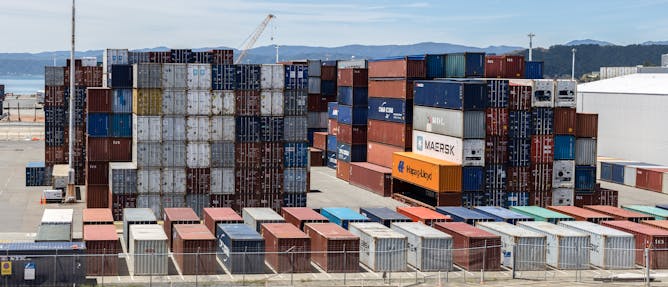
Shutterstock
Jane Kelsey, University of Auckland
New Zealanders won’t see the full text of the UK free trade agreement until it is signed, meaning it will proceed without open public debate – despite locking in constraints on future governments.
|
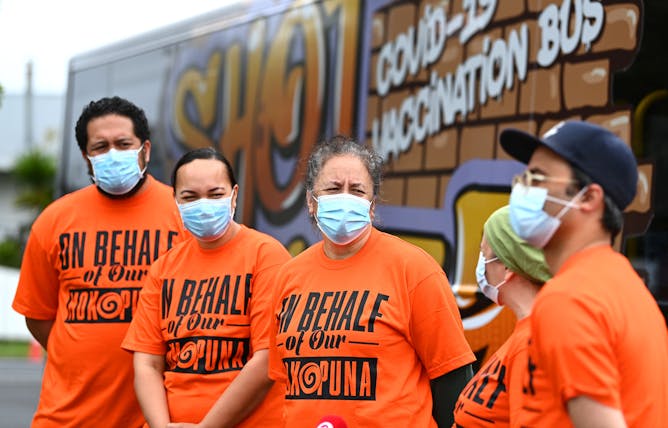
Hannah Peters/Getty Images
Dion O'Neale, University of Auckland; Emily Harvey, University of Auckland; James Gilmour, University of Auckland; Steven Turnbull, University of Auckland
A model of a “virtual” Aotearoa shows even a few new connections will lead to a complex web of transmission which could fuel the spread of the Delta outbreak.
|
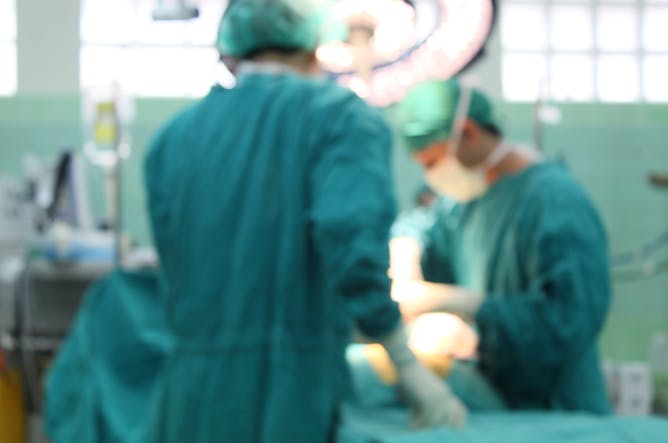
Shutterstock
Claire Breen, University of Waikato; Katrina Roen, University of Waikato
With no clear biomedical basis for most early surgery on intersex children, interventions should be postponed until a child is competent to decide for themselves.
|
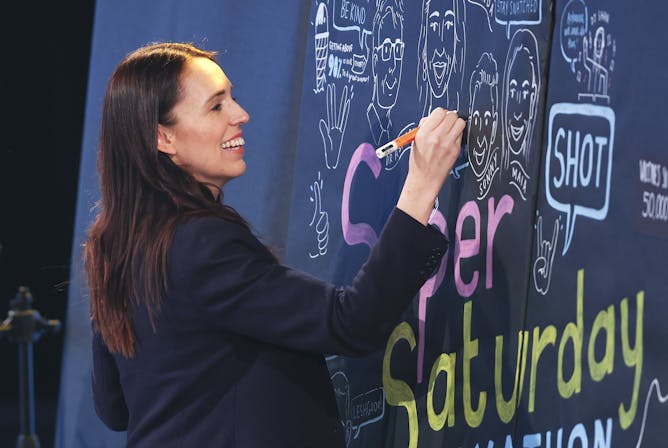
GettyImages
Michael Plank, University of Canterbury; Shaun Hendy, University of Auckland
Today’s announcement sent a clear message to all regions – get to a 90% vaccination rate or face the possibility of a lockdown when COVID-19 inevitably arrives.
|
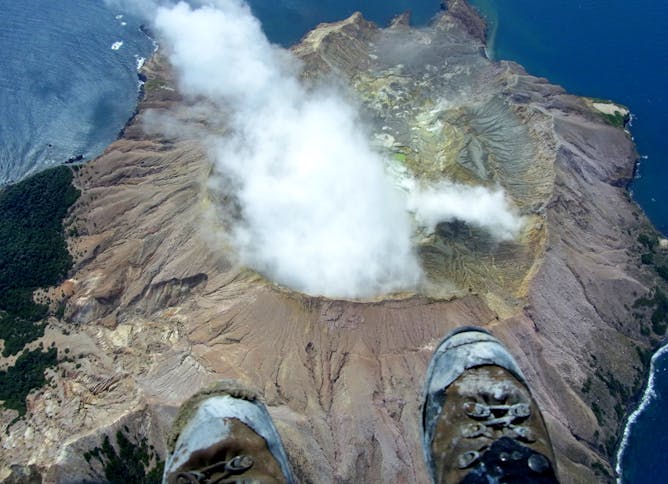
Ben Kennedy, University of Canterbury
Thirteen parties face criminal charges in the wake of the 2019 Whakaari White Island eruption. Among them is a research organisation, which underlines the perils of natural hazard risk communication.
|
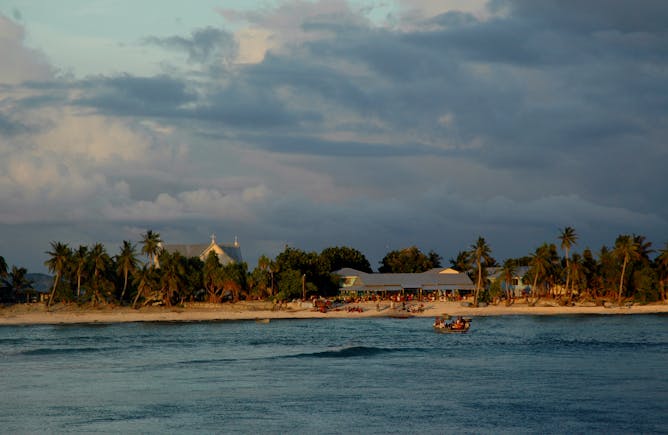
Nukunonu atoll.
GettyImages
John Middleton, University of Auckland
This Sunday marks the start of Tokelau Language Week, recognising how an endangered tongue survives in a culture dominated by English.
|
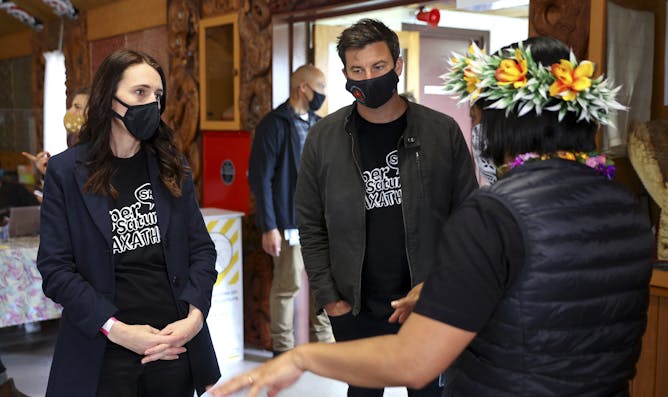
Jacinda Ardern and partner Clarke Gayford visit a pop-up vaccination clinic on ‘Super Saturday’.
Hagen Hopkins/Getty Images
Jesse Whitehead, University of Waikato
As pressure mounts to adopt the “individual armour of vaccination” before public health measures are removed, New Zealand needs to shift resources and control to locally run vaccination programmes.
|
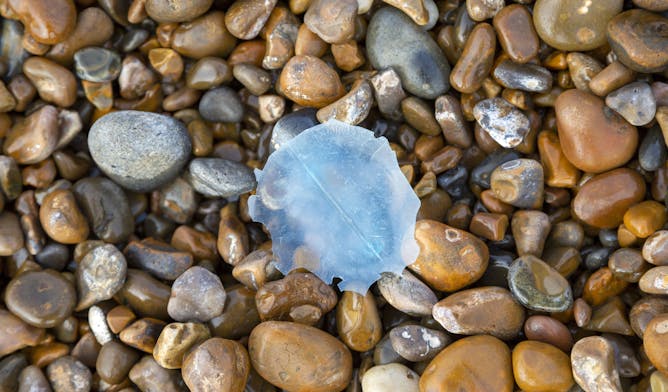
Geography Photos/Universal Images Group via Getty Images
Laura Revell, University of Canterbury
After soil, water and food, microplastics have now entered the atmosphere, where they influence the climate system and may even change atmospheric chemistry.
|
From our international editions
|
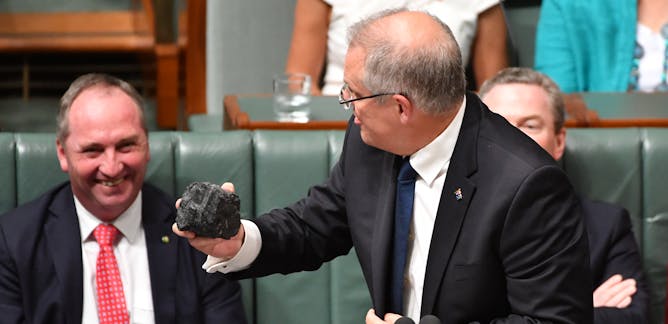
Lesley Hughes, Macquarie University; Will Steffen, Australian National University
Prime Minister Scott Morrison is poised to announce Australia will adopt a target of net-zero greenhouse gas emissions by 2050. But it’s too little, too late.
| |
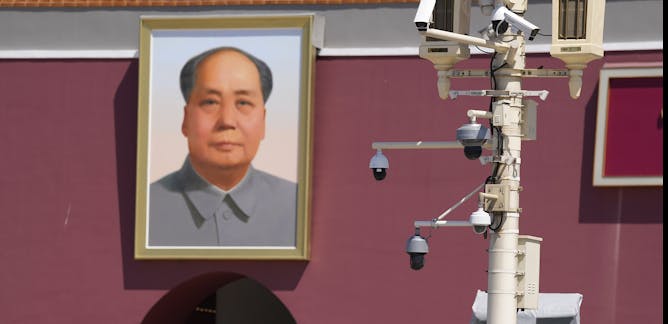
Ausma Bernot, Griffith University
While it may be difficult to enact a global set of regulations on surveillance technologies, individual countries can take the lead with enhanced monitoring and stronger laws.
|
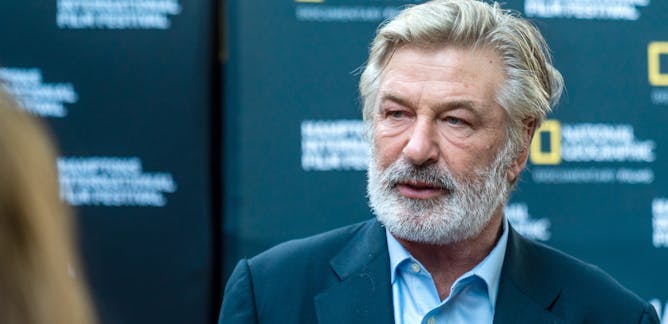
Brad Bushman, The Ohio State University; Dan Romer, University of Pennsylvania
A tragic accident resulted in the shooting death of a cinematographer on the set of actor Alec Baldwin’s latest movie. The dangers of more guns on set extend to society, two scholars argue.
| |
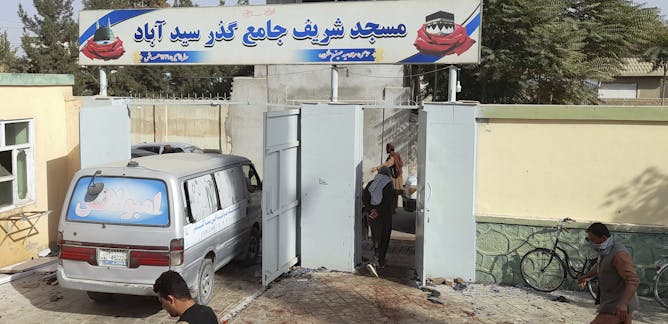
Abdulkader Sinno, Indiana University
A scholar of Afghan affairs explains the religious affiliations of different ethnic groups in Afghanistan and why they may not share a common understanding of Islam.
|
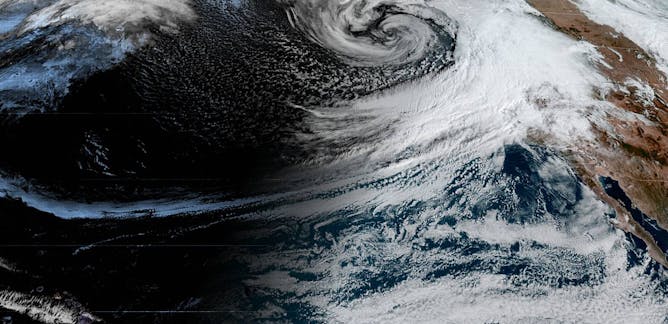
Tom Corringham, University of California San Diego
Earth’s biggest rivers are streams of warm water vapor in the atmosphere that can cause huge rain and snowfall over land. Climate change is making them longer, wetter and stronger.
| |
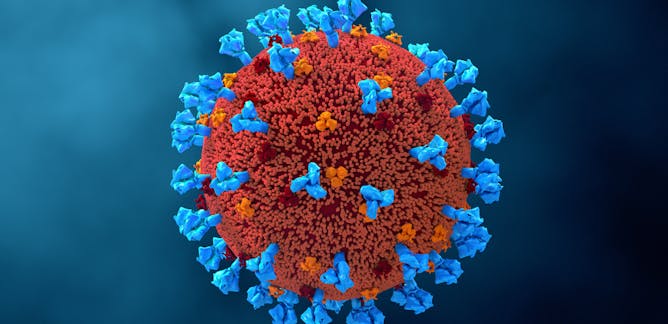
Matthew Bashton, Northumbria University, Newcastle; Darren Smith, Northumbria University, Newcastle
This new sub-variant of the delta has gained a foothold in the UK.
|
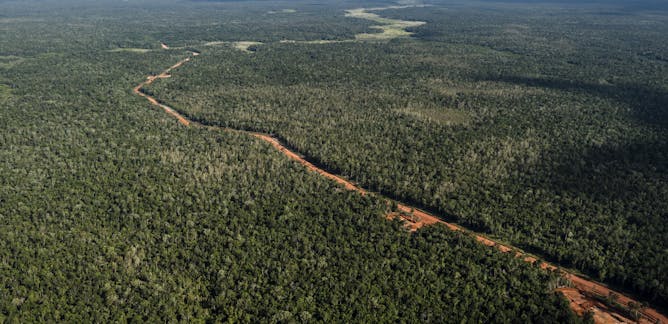
David Gaveau, International Union for the Conservation of Nature; Douglas Sheil, Wageningen University
Many are concerned that the highway is being built to benefit powerful commercial interests and not Indigenous people and will accelerate forest loss as seen in Sumatra and Kalimantan.
| |
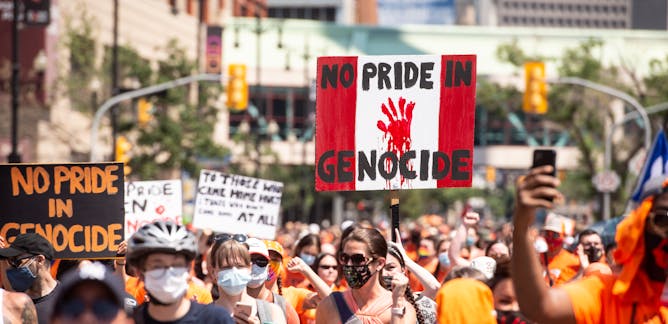
Sean Carleton, University of Manitoba; Andrew Woolford, University of Manitoba
A better understanding of what most genocide scholars believe can help people understand how Canada’s Indian Residential School system fits with the definition of genocide.
|
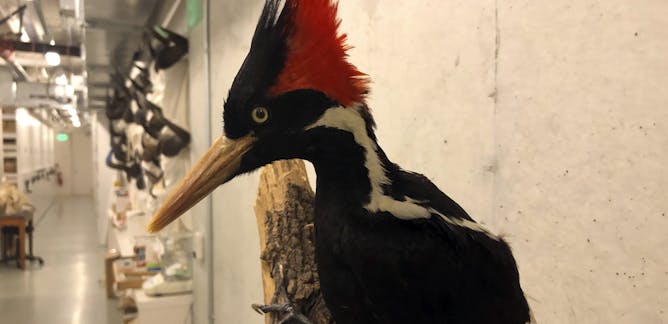
Hannah Hunter, Queen's University, Ontario
It’s been 80 years since the last undisputed sighting of the striking black-and-white bird. The U.S. government believes the ivory-billed woodpecker is extinct — but many will keep searching for it.
| |
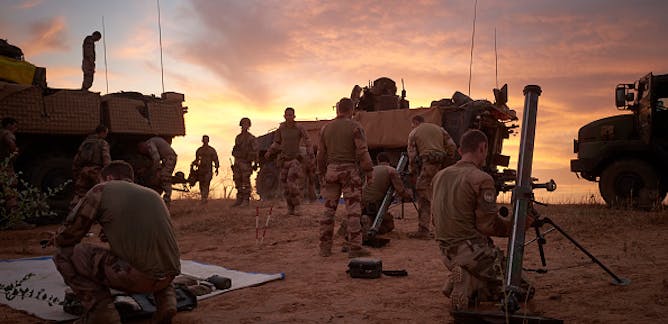
Mady Ibrahim Kanté, Université des sciences juridiques et politiques de Bamako
There are few visible results on the ground after eight years of war in Mali.
|
|
|
| |
| |
| |
| |
| |
| |
|
|
|
|
|
|
|